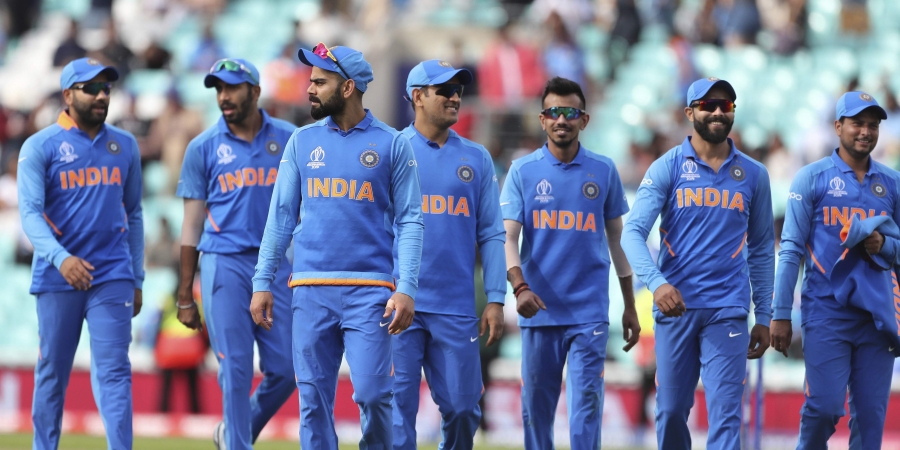NEW DELHI: The National Anti-Doping Agency will carry out tests on cricketers “whenever and wherever they want”, Sports Secretary Radheshyam Jhulaniya said on Friday, asserting that the BCCI had no option but to abide by the law of the land.
Ending years of defiance, the Indian cricket’s governing body has finally agreed to come under the ambit of NADA, in the process becoming a National Sports Federation despite being financially autonomous.
Till date, Sweden-based International Dope Testing Management (IDTM) has been collecting the cricketers’ samples and submitting them to the National Dope Testing Laboratory (NDTL).
“IDTM was an outside agency hired by BCCI to take samples. Now that agency will be NADA. I explained to BCCI you don’t have a discretion to abide by law or not. The law applies to everyone equally,” Jhulaniya said after the landmark development following a meeting with the BCCI officials.
“Every federation is on the same footing for enforcement of law. You don’t have to sign an agreement. We categorically told them no MOU is required as law is applicable to everyone.”
The primary concern of the Board was the contentious ‘Whereabouts Clause’ with regards to Out of Competition Testing, something that all star India players have been wary of as they considered it an invasion of their privacy.
On that, the top sports ministry official said, “Yes, NADA will carry out the test whenever and wherever they want. World Anti-Doping Agency (WADA) clause 5.2 gives the authority to the national anti-doping agency to carry all testing in its territory irrespective of the athletes’ country.
“All athletes irrespective of their country of origin or country of citizenship come under the jurisdiction of the national anti doping agency, that’s the WADA’s charter and we are a partner.”
The sports ministry has steadfastly maintained that the country’s richest sports body had to come under NADA’s ambit.
“BCCI have conveyed to us they will abide by Indian law, rules and regulations and respect the Government of India’s jurisdiction. Their first concern was the quality of the dope testing kits. We assured them the kits we are using are of international quality — WADA-approved kits.”
“The second issue was regarding the competence of pathologists and sample collecting officers. We assured them our dope control officers are well trained but if you require higher a higher qualification then we have no issues to enlist those but they will be at a higher fee.
“This facility will not be just for BCCI but all federations.”
The BCCI’s concerns did not end there.
“The third issue they have was the timely decision of cases. We explained to them the WADA rules and charter and clarified to them that there is a three-month window and 90 percent of the cases are being decided within that.
“If the athlete or his/her advocate is not asking for time, we are deciding the case in less than 90 days, which is the mandated time.”
The ministry recently held back clearances for the tours by South Africa A and women’s teams and it was speculated that this was done to pressurise the BCCI into accepting anti-doping norms.
The move seems to have worked as BCCI CEO Rahul Johri confirmed that the cricket board has now got clearance for the A as well as the women’s series after having waited for close to six months.
“We are for the promotion of sports and sportsperson. We are not against any sports or sportsperson. We said you commit to us in writing that rules and regulation by government of India apply and you will honour that,” Jhulaniya said. (agencies)


